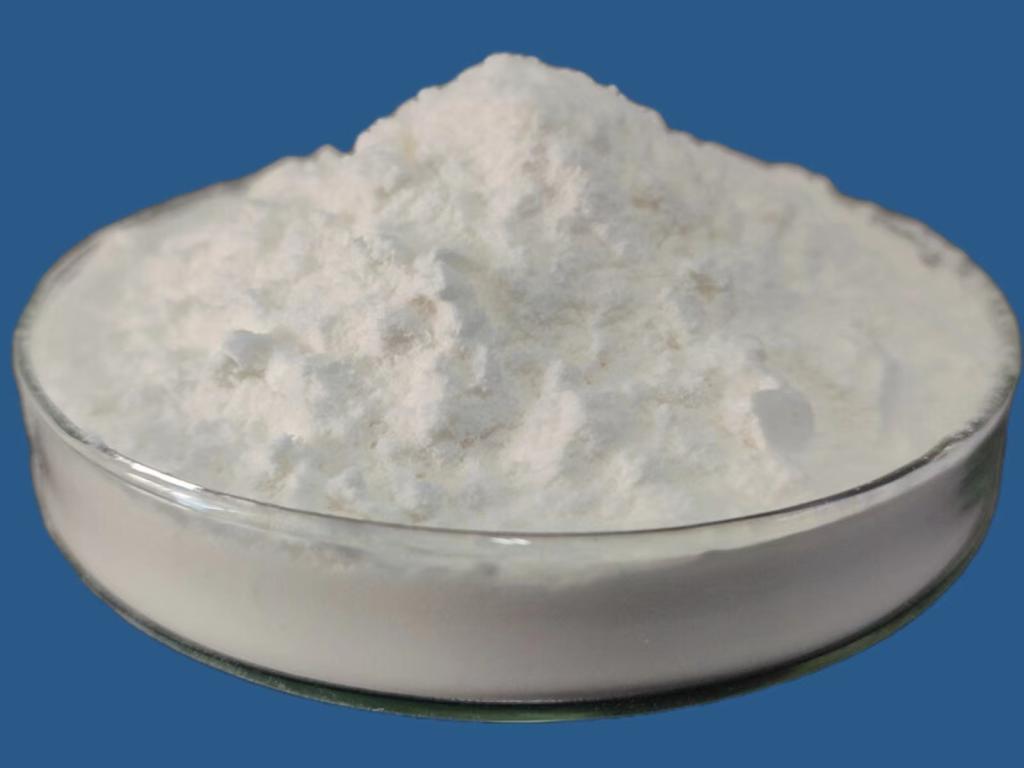Tel:+8618231198596

News
 CONTACT
CONTACT
 CONTACT
CONTACT
- Linkman:Linda Yao
- Tel: +8618231198596
- Email:linda.yao@dcpharma.cn
- Linkman:CHARLES.WANG
- Department:Overseas
- Tel: 0086 0311-85537378 0086 0311-85539701
News
Applications of ε-Polylysine hydrochloride in reducing bacterial contamination in seafood.
TIME:2023-08-09
Introduction:
Seafood is a popular and nutritious food choice, enjoyed by people around the world. However, the presence of harmful bacteria in seafood can lead to foodborne illnesses and spoilage, affecting both human health and economic sustainability. ε-Polylysine hydrochloride, a naturally occurring antimicrobial peptide, has emerged as a promising solution to address bacterial contamination and enhance the safety of seafood products.
Mechanisms of Antimicrobial Activity:
ε-Polylysine hydrochloride exhibits antimicrobial properties through several mechanisms:
Cell Membrane Disruption: The peptide can disrupt the cell membranes of bacteria, causing leakage of intracellular components and ultimately leading to cell death.
Protein Binding: ε-Polylysine can interact with microbial proteins, interfering with their functions and inhibiting essential cellular processes.
Inhibition of Enzymes: The peptide can inhibit enzymes crucial for bacterial growth and virulence, contributing to its antimicrobial effect.
Applications in Reducing Bacterial Contamination in Seafood:
Pathogenic Bacteria Control: ε-Polylysine hydrochloride has been shown to effectively inhibit the growth of various pathogenic bacteria commonly found in seafood, including Vibrio spp., Salmonella spp., and Listeria monocytogenes.
Spoilage Microorganisms: In addition to pathogenic bacteria, ε-Polylysine can inhibit spoilage microorganisms that contribute to seafood spoilage, thus extending the shelf life of fresh and processed seafood products.
Seafood Processing: ε-Polylysine can be incorporated into seafood processing steps, such as washing, brining, or coating, to reduce bacterial contamination during handling and preparation.
Impact on Seafood Safety and Quality:
Food Safety Enhancement: By reducing bacterial contamination, ε-Polylysine hydrochloride contributes to improved food safety in seafood products, minimizing the risk of foodborne illnesses.
Extended Shelf Life: The antimicrobial properties of ε-Polylysine help extend the shelf life of seafood by inhibiting the growth of spoilage and pathogenic bacteria, thereby reducing product waste.
Maintained Quality: The preservation of seafood quality, including texture, flavor, and color, is a crucial benefit of using ε-Polylysine to control bacterial contamination.
Consumer Preferences and Sustainability:
Clean Labeling: ε-Polylysine hydrochloride aligns with consumer preferences for clean-label products, as it is a natural antimicrobial agent that can replace synthetic additives.
Reduced Dependency on Chemicals: The use of ε-Polylysine in reducing bacterial contamination contributes to reducing the reliance on chemical preservatives, promoting more sustainable seafood production.
Challenges and Considerations:
Dosage Optimization: Determining the optimal concentration of ε-Polylysine hydrochloride for different types of seafood and processing conditions is essential to achieve effective bacterial control without affecting product quality.
Regulatory Compliance: The use of ε-Polylysine hydrochloride as a seafood preservative is subject to regulatory approval in various regions. Ensuring compliance with food safety regulations is crucial for its safe and approved use.
Conclusion:
ε-Polylysine hydrochloride presents a promising avenue for reducing bacterial contamination in seafood, enhancing food safety, shelf life, and product quality. As the seafood industry seeks effective and sustainable solutions to ensure safe and nutritious products, ε-Polylysine's antimicrobial properties offer a natural alternative to conventional methods. By incorporating ε-Polylysine into seafood processing and preparation, manufacturers can contribute to safer, more sustainable, and higher-quality seafood products that meet consumer demands and regulatory standards.
- Tel:+8618231198596
- Whatsapp:18231198596
- Chat With Skype







